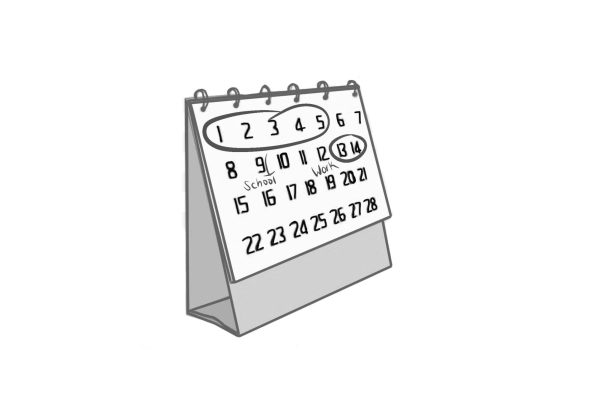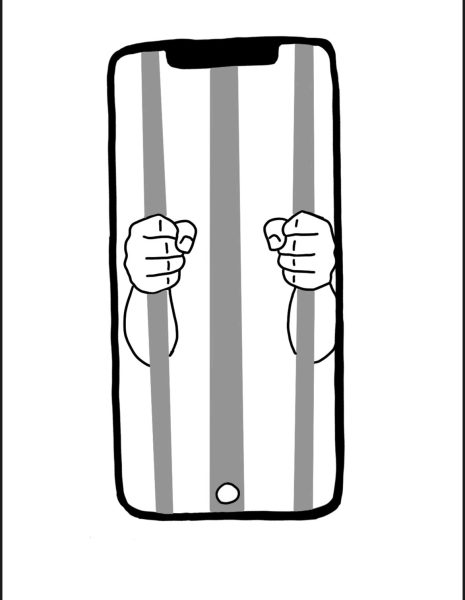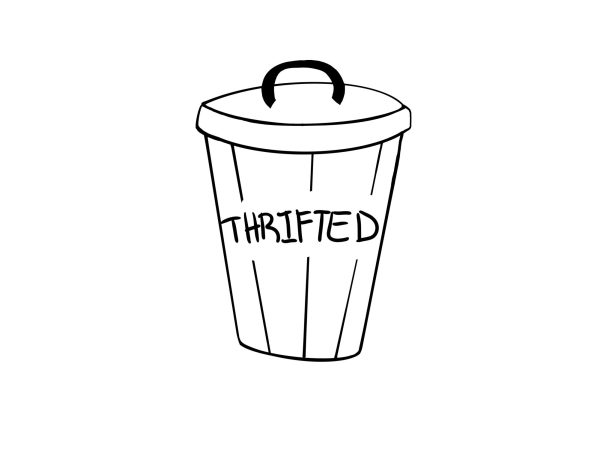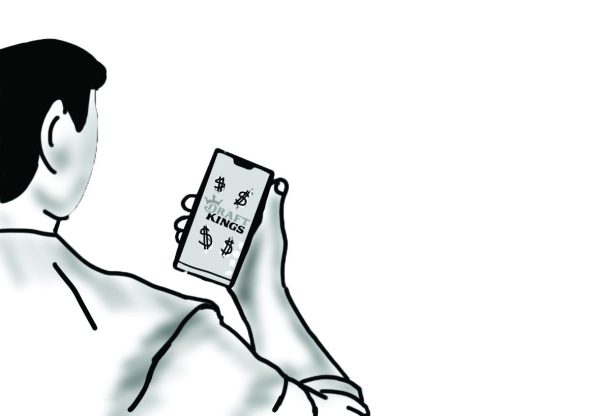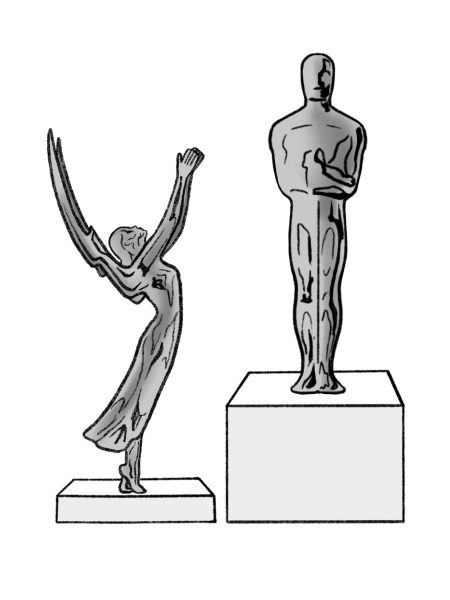The best Christmas trees are topped with bagels
December 16, 2019
It was a brisk November evening during my family dinner when I finally mustered the courage to ask my parents for something I had wanted for years.
“Mom and Dad,” I stuttered. “I was wondering if we could maybe get a Christmas tree this year. Please?”
Immediately, my sister’s jaw dropped to the floor, my mom’s eyes rolled back in her head and my dad looked like he might pass out. Even my dog’s ears perked up.
“Sweetheart,” my mom said, grasping my hand. “You know we can’t.”
“But why not?” I asked.
“We’re Jewish,” my dad said.

My parents are not the only ones who have used religion to justify not participating in holiday cheer. When I started blasting Mariah Carey’s “All I Want for Christmas is You” promptly on the morning of Nov. 1, my friends seemed to come to a consensus that not only was it way too early to start celebrating the holidays, but that I was betraying my Jewish faith. For some, pre-Thanksgiving might be a tad early to blast Christmas tunes (don’t worry, I save the super festive version of “All I Want for Christmas is You” until December), but is celebrating a commercialized and arguably cultural holiday really going against Judaism?
According to a 2017 study by the Pew Research Center, 43 percent of millennials consider Christmas a cultural, rather than religious, holiday. I completely agree. The cultural aspect of Christmas can be demonstrated by symbols we most commonly associate with the holiday season. The last time I checked, there was no mention of Santa, Rudolph or Frosty in the Bible, yet these characters define Christmas. Additionally, while the holiday undeniably has religious roots, and the majority of Baby Boomers celebrate it as a religious holiday, the role of religion is decreasing. A Pew Research Center study from the same year showed a drop in the number of Americans who consider Christmas a religious holiday, with 51 percent in 2013 to 46 percent in 2017. Additionally, according to a December self-reported Bark survey, 90 percent of Redwood students celebrate Christmas while only 32 percent observe Christianity. This indicates that approximately 58 percent of students celebrate the holiday for non-religious reasons.
Christmas can be observed in countless ways. For some, it is a celebration of Jesus’s birthday. To others, it’s a designated time to receive expensive gifts from grandparents. And for the traditional Jewish family, it’s a nice day to get Chinese food. While religion may dictate one’s participation in the holiday to some extent, it doesn’t have to restrict how far the joy can spread. When it’s impossible to go through December without seeing Christmas decorations, hearing Christmas music or eating a Christmas cookie, it is unfair and goes against the American value of inclusivity to shame someone for celebrating what has become a cultural holiday.
While I can’t speak for all Jews, it is hard to believe that the Jewish community has a problem with celebrating Christmas. Every year on Christmas Eve, my family and I set up a miniature plastic Christmas tree in my grandparents’ living room. We decorate it with relatively standard ornaments: glittering balls, the Nutcracker Prince and pictures of my cousins as babies. When the tree is near completion, my grandma extracts shiny tinfoil from a kitchen drawer, wraps it around a plain bagel and delicately places the creation on top of the tree. While this may seem unusual in comparison to the traditional star, angel or Jesus, my family feels a need to distinguish ourselves as Jewish from the people who “actually” celebrate Christmas.

It’s difficult to know how many other Jewish families use a bagel as a tree topper, however, 32 percent of Jews have Christmas trees in their homes, according to a 2013 Pew Research survey. This percentage may be higher today in accordance with the increase in the number of Americans who consider Christmas a cultural holiday.
For me, celebrating Christmas is almost necessary in order to fit in with my fellow Americans. According to a 2018 Gallup survey, nearly one-third of Americans don’t consider religion an important aspect of their life, yet presumably celebrate Christmas anyways, so why can’t I? By rockin’ around the Christmas tree a little bit, it makes being greeted with “Merry Christmas,” participating in Secret Santas and receiving Christmas cards feel applicable to anyone.
But why should Jews need to celebrate Christmas when they have Hanukkah? Don’t worry, I am not out to steal your holiday like the Grinch stole presents from Whoville. Yet, what most people don’t tell you is that Hanukkah doesn’t have a particularly significant religious component. In my experience, the Maccabees, who are the religious subjects of the holiday, do not show up in Judaism outside of the designated eight nights. Hanukkah is also not easy to celebrate logistically, as it usually doesn’t have a break conveniently structured around it and can be difficult to accomodate in busy everyday life. Forget about spending the occasion with relatives and friends because in my experience, Hanukkah is difficult to observe from your own home. Lastly, Hanukkah does not get enough large-scale attention to make it seem like the most important event of the year, because honestly, it’s not. There are no Hanukkah-based Hallmark movies, blue and gold polka dots on Starbucks cups or 44 Spotify-sponsored playlists (yes, I counted). But all those things apply to Christmas, so what’s the harm in indulging just for fun?
As we mosey into this holiday season, I encourage you, no matter who you are or what you believe, to feel no shame when belting Mariah Carey, decorating a giant Christmas tree or giving your friends Christmas presents, if that is how you want to celebrate the holiday season. After all, doesn’t everyone deserve to be merry?








